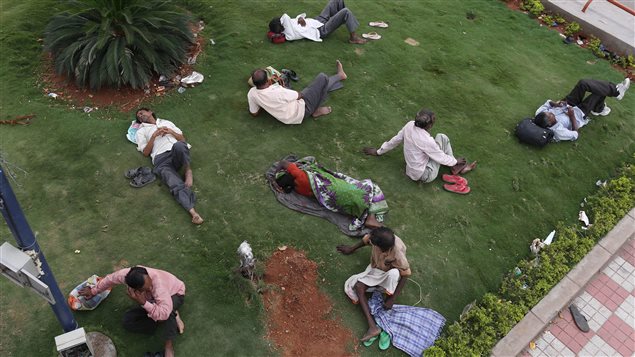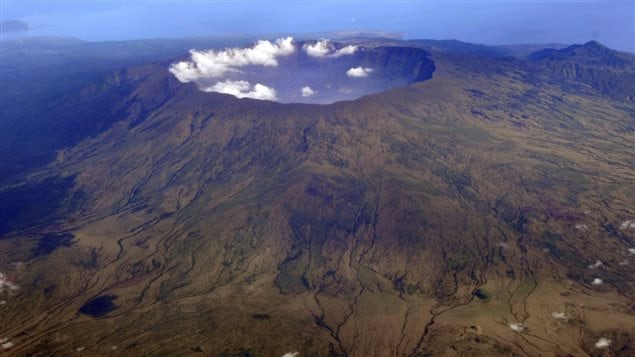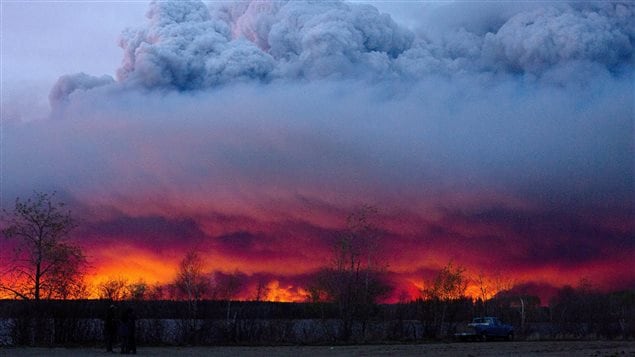Western Canada has been hotter and dryer than normal, enabling much bigger fires to break out earlier than usual in the boreal forest. Some 90,000 people had to evacuate Fort MacMurray as fire ripped through parts of the town and continues to burn over an area now estimated to be over 522,892 hectares.
While temperatures were cooler in eastern Canada it was mostly dry there too. Longer range forecasts suggest extended periods of dry weather will continue and where there will be rain, it will be heavy.
One-upmanship over best, worst weather
Canadians are fascinated with the weather. Like people around the world, they are concerned with how it will affect their crops and other sustaining activities like fishing. But Canadians seem to have more interest than other, says Jim Abraham, a retired government meteorologist.
“It’s such a big country that we have so much variability in the weather from one end of the country to the other that…it’s almost like a competition between the west and the east and the north and the south on who has the best weather or who might even have the worst weather.”
Listen
World marks record high temperatures
Around the world, last year was the warmest on record, and so far it looks like the trend will continue. “The first four months of 2016 are the warmest four months in recorded history, back since the late 1800s,” said Abraham, adding that made him nervous.

One-degree change changed the world
It was 200 years ago that a one-degree drop in world temperatures caused massive upheaval in eastern North America, parts of Europe and Asia. A series of volcanoes erupted in starting in 1812 topped off by the mother of eruptions in what is now Indonesia in 1815. After Mount Tambora blew its top there was so much ash in the atmosphere that it blocked the sun and wreaked havoc with weather patterns.
1816 was called The Year Without a Summer. In fact, world temperatures cooled for three years and an estimated 100,000 people died. Some people froze, there were widespread crop failures, floods, disease and migrations of people looking for better conditions.

Meteorologist is nervous
“I get nervous,” said Abraham. “When you think of one degree on average cooling (and) what it did to the global climate and the impact. We’re already more than a degree warmer on average because of climate change and the projection certainly going to two if not higher degrees of warming associated with the greenhouse gases in the atmosphere…
“You think of the impacts, you know the extreme weather on floods, droughts, potentially stronger storms and the like. It really does make me nervous.”







For reasons beyond our control, and for an undetermined period of time, our comment section is now closed. However, our social networks remain open to your contributions.